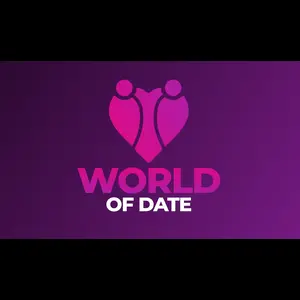Online Members

Latest Members

Captivating Online Dating: How to Get Someone’s Attention
Understanding Online Dating
Online dating can be an exciting yet challenging experience. With countless profiles to browse, how do you stand out and catch someone’s attention? Establishing a strong online presence is key. In this blog post, we explore effective strategies to make a memorable impression in the world of online dating.
Crafting the Perfect Profile
Your profile is your first chance to attract attention. Start with a clear and engaging profile picture that showcases your personality. Next, create a bio that highlights your interests and hobbies. Be authentic and use humor where appropriate; this can draw potential matches in. Consider starting with a question or an anecdote that invites conversation. Remember, a well-crafted profile can significantly increase your chances of getting noticed.
Starting Engaging Conversations
Once you find someone intriguing, the next step is to engage them in conversation. Avoid generic openers; instead, reference something from their profile. For instance, if they mention a favorite book or hobby, bring it up in your message. Ask open-ended questions that require more than a simple ‘yes’ or ‘no’ answer. This not only shows your interest but also encourages a richer dialogue. The goal is to create a connection that feels genuine, making it easier to hold their attention.
In conclusion, getting someone’s attention in online dating requires creativity and effort. By focusing on crafting a standout profile and starting meaningful conversations, you can increase your chances of making a lasting impression. Dive in, stay confident, and happy dating!

